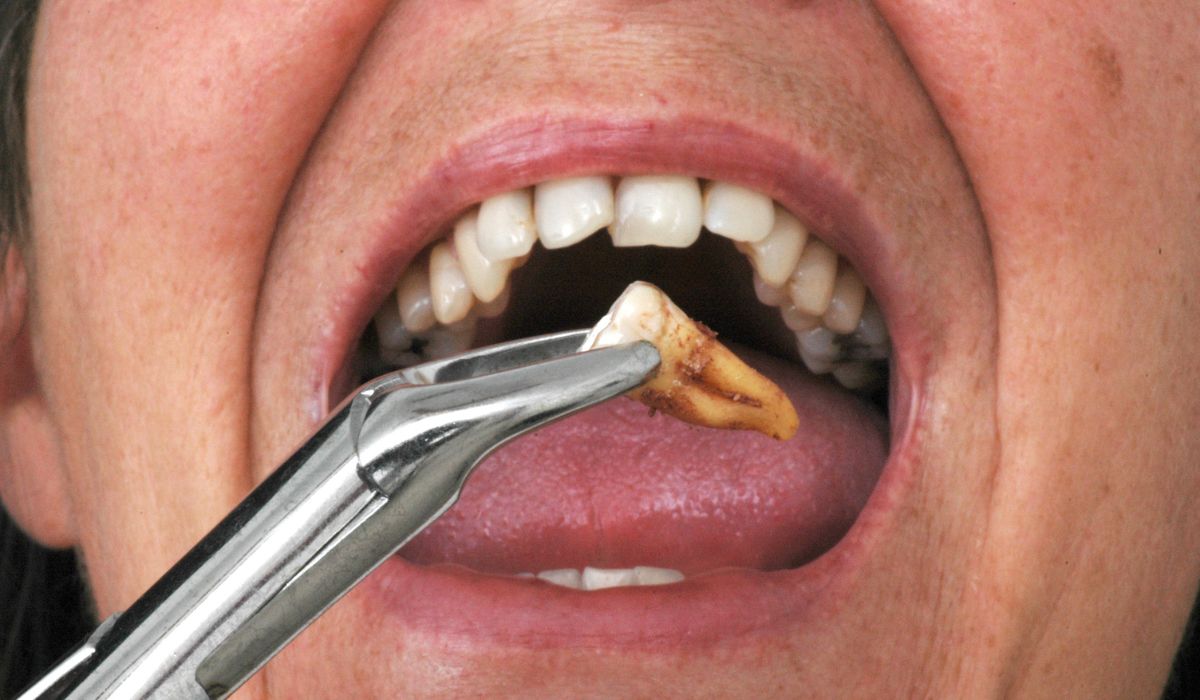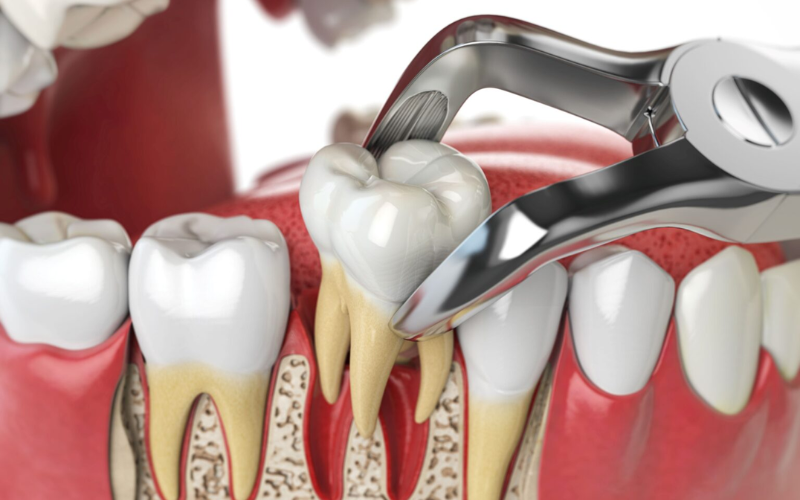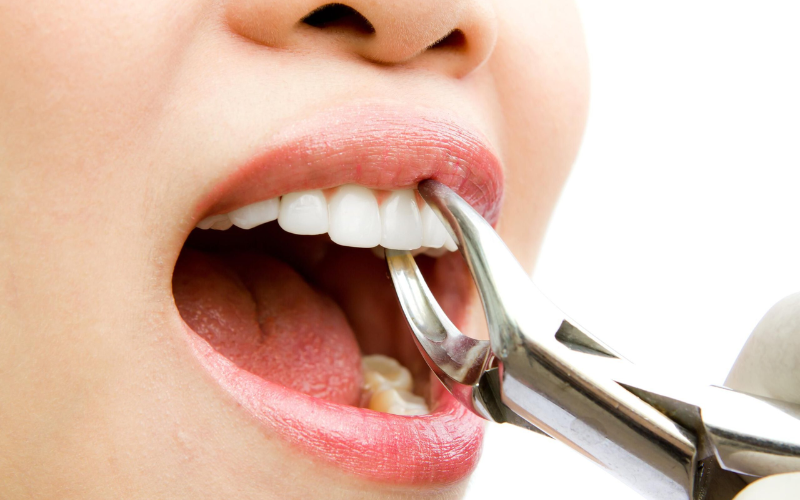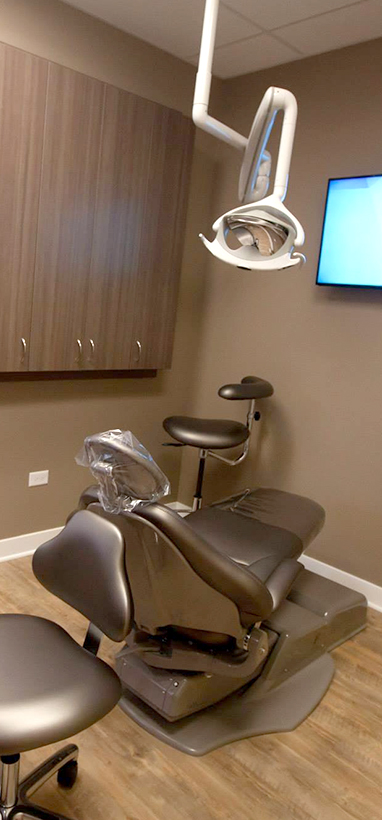1516 Legacy Cir, Naperville, IL 60563
Foods To Avoid After Tooth Extraction
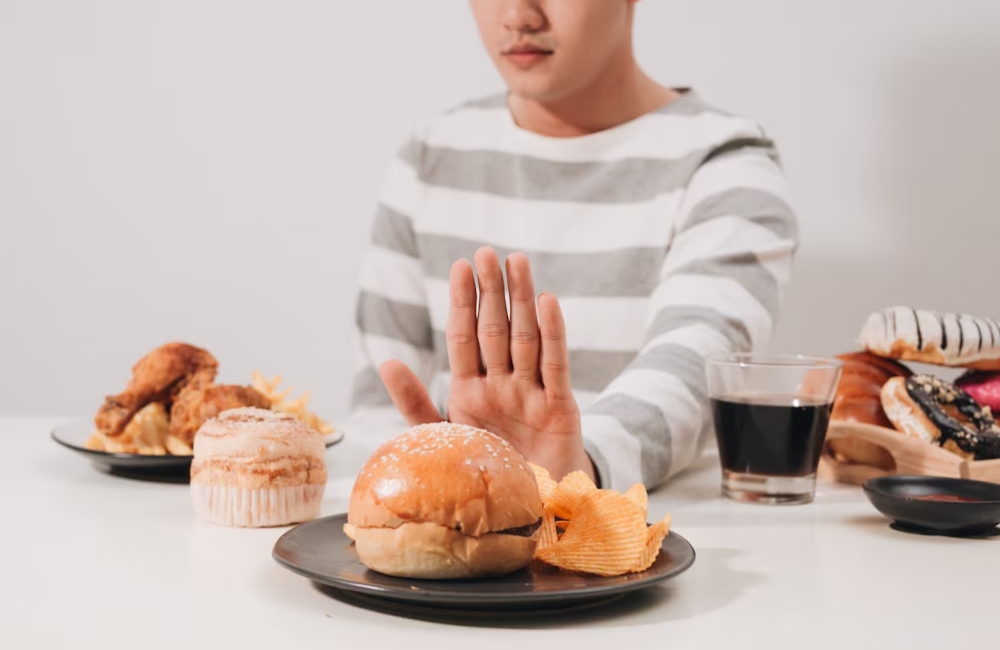
Tooth extraction is a procedure that may be necessary for various reasons, such as extensive decay, infection, or overcrowding. While it’s often a crucial step in maintaining overall oral health, it can be quite painful, and the healing time varies from patient to patient.
After the extraction, it’s essential to follow aftercare instructions carefully, as improper care can lead to infection or delayed healing. One key aspect of recovery is avoiding certain foods that can aggravate the surgical site.
Steer Clear of These 6 Foods After Tooth Extraction
A successful recovery from a tooth extraction hinges on taking care of the surgical site and avoiding anything that could cause pain or slow the healing process. After your procedure, you’ll need to stick to soft foods and avoid hard, chewy, or spicy foods for at least a few days. Below are six common food types you should steer clear of to ensure a smooth recovery.
1. Hard Vegetables or Fruits
While fruits and vegetables are essential for a healthy diet, they can pose a challenge during recovery from a tooth extraction. Hard, raw fruits and vegetables like apples, carrots, and broccoli require significant chewing force, which can be painful on swollen and sensitive gums.
The hard texture of these foods may also result in small, sharp pieces that can poke into the incision site and potentially disrupt healing or cause irritation. To avoid discomfort and protect the healing area, stick to softer fruits and vegetables, such as bananas, cooked carrots, and avocados, during your recovery period.
2. Anything That Requires a Straw
In the early days following a tooth extraction in Naperville, IL, it’s essential to avoid using straws when drinking liquids. While liquids are recommended to keep you hydrated and nourished, the suction created by a straw can dislodge blood clots that are forming over the extraction site.
These blood clots are crucial for the healing process, and their loss can lead to a condition known as dry socket, which causes severe pain. The suction also opens up the wound, increasing the risk of infection. Instead, try sipping liquids directly from a glass or cup during your recovery to prevent complications.
3. Foods with a Spicy Kick
Spicy foods cause a burning sensation in your mouth under normal conditions. However, after a tooth extraction, your mouth is in a much more sensitive state. If you eat hot peppers or spicy sauces, the burn can feel much more intense and could irritate the open wound from the extraction.
Additionally, spicy foods can cause inflammation in the gums, which will only delay the healing process. It’s best to avoid them, and anything that contains a lot of heat until your mouth fully heals.
4. Foods That Require a Lot of Chewing
After a tooth extraction, your jaw may be swollen and tender, making it difficult to chew tough foods. Foods that require significant chewing, like tough meats, chewy candies, and jerky, can put unnecessary strain on your jaw and make recovery uncomfortable.
To allow your jaw and the surgical site to heal properly, stick to softer, easy-to-eat foods that require minimal chewing, such as mashed potatoes, yogurt, scrambled eggs, and smoothies. This will give your jaw a chance to recover without the added pressure from harder foods.
5. Highly Acidic Foods
Highly acidic foods, such as citrus fruits, tomatoes, and vinegar-based dishes, can cause a painful burning sensation when they come into contact with an open wound. Think of how lemon juice stings when it touches a paper cut – the sensation can be just as uncomfortable when it interacts with a freshly extracted tooth site.
Aside from discomfort, the acid can irritate your mouth’s soft tissues, making the recovery process slower. To avoid these issues, try to avoid consuming citrus fruits like oranges, lemons, and grapefruits, as well as acidic condiments like mustard and pickles, until your mouth heals.
6. Hard Foods Like Nuts and Popcorn
Hard foods, such as nuts, popcorn, and crunchy snacks, should be avoided after tooth extraction. These foods can be challenging to chew and may cause pain if you bite down too hard.
Additionally, they have a tendency to break into small pieces, which can easily become lodged in the surgical site. These small particles can irritate the wound and even lead to infection if not removed. For a smooth recovery, steer clear of hard snacks until the extraction site has fully healed.
So, tooth extraction is a significant procedure, and proper aftercare is essential for ensuring a smooth and speedy recovery. Avoiding certain foods during the initial healing phase can significantly reduce your risk of complications like infection, dry socket, or prolonged pain.
It’s crucial to consult with our dentist to confirm which foods are safe to eat and when you can gradually reintroduce other items back into your diet.



